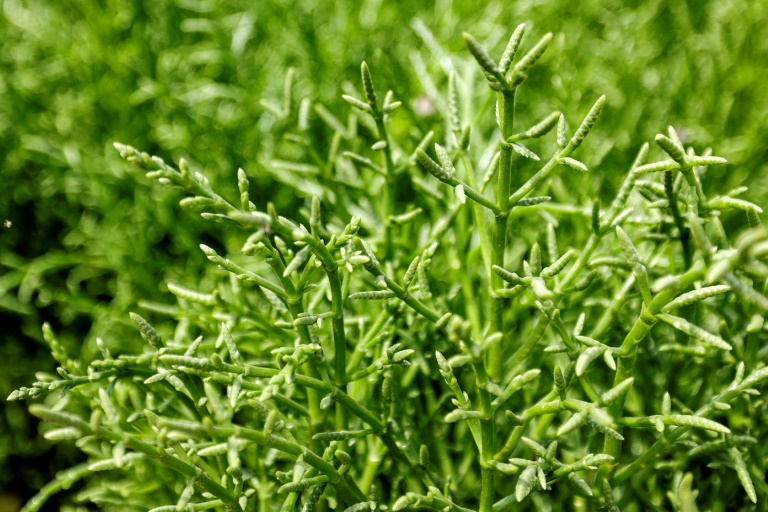UK conservationists on Wednesday announced a collaboration with e-commerce giant eBay to combat the illegal plant trade, which is threatening the existence of some species.
The Royal Botanic Gardens Kew and Traffic, an NGO dedicated to protecting wild species, said they are teaming up with eBay because most sales now occur via online marketplaces and social media.
The joint initiative will “develop a blueprint” for eBay to strengthen its trading policies for the sale of plants and to prevent illegal sales, with work underway to engage other platforms.
It follows what the conservationists said has been a sharp rise in illegal harvesting of wild plants, such as succulents, for global sales.
Announcing the new partnership, Kew and Traffic said the issue was growing “at such a rate that, in many cases, their existence is now under threat”.
It has been fuelled by growing global demand for certain wild plant species for homes and gardens in recent years, with buyers increasingly turning to online platforms.
South Africa has become a hub for the illegal trade in native succulent plants, according to Traffic, which has been researching the country’s role in the problem.
South African law enforcement agencies have seized more than one million illegally harvested succulents since 2019, following “a dramatic rise in plant poaching” to meet the growing demand, the charities said.
“Many of these plants, poached from the wild, end up for sale online around the world,” they noted, adding the practice is “destroying precious ecosystems, feeding organised crime, and depriving local communities of livelihoods”.
They said that “illegal trade can hide in plain sight, mimicking the legal trade in cultivated specimens grown by responsible plant growers.”
The conservationists noted many buyers would not be aware of the ethical, sustainability, and legal factors that underpin the trade.
“Many don’t realise that the availability of some plants online may be threatening the survival of the species in the wild,” they said.
Dominique Prinsloo, Traffic’s project manager, called the eBay partnership “a critical first step” to tackle the “complex poaching and trade issues” around the problem.
“We need to work collaboratively to address legislation, policies and detection around the online plant trade, Prinsloo said.
The charities noted eBay has allocated “significant resources” to curb the practice, blocking or removing 500,000 items last year that violated its prohibited wildlife policies.
The project will utilise FloraGuard, a “web-crawling algorithm” tool developed with the University of Southampton in southern England, to help find online adverts offering these species for sale.
The charities said the software provides a “valuable shortcut” and will enable Kew to “highlight cases where advert content could be improved, and to monitor the impacts of other interventions”.







